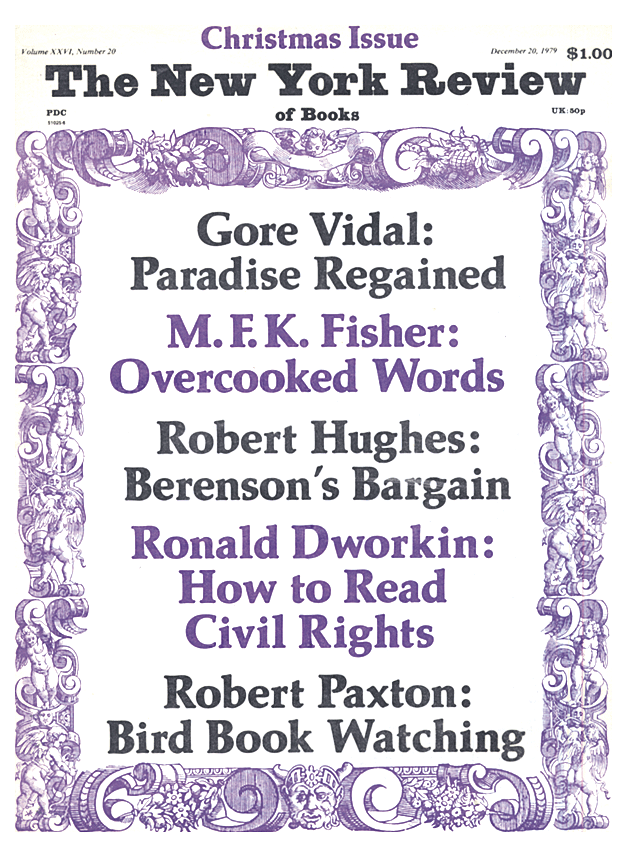I was born and grew up in the Baltic marshland
by zinc-gray breakers that always marched on
in twos. Hence all rhymes, hence that wan flat voice
that ripples between them like hair still moist,
if it ripples at all. Propped on a pallid elbow,
the helix picks out of them no sea rumble
but a clap of canvas, of shutters, of hands, a kettle
on the burner, boiling—lastly, the seagull’s metal
cry. What keeps hearts from falseness in this flat region
is that there is nowhere to hide and plenty of room for vision.
Only sound needs echo and dreads its lack.
A glance is accustomed to no glance back.
The North buckles metal, glass it won’t harm;
teaches the throat to say “Let me in.”
I was raised by the cold that, to warm my palm,
gathered my fingers around a pen.
Freezing, I see the red sun that sets
behind oceans, and there is no soul
in sight. Either my heel slips on ice, or the globe itself
arches sharply under my sole.
And in my throat, where a boring tale
or tea, or laughter should be the norm,
snow grows all the louder and “farewell”
darkens like Scott wrapped in a polar storm.
A list of some observations. In a corner, it’s warm.
A glance leaves an imprint on anything it’s dwelt on.
Water is glass’s most public form.
Man is more frightening than his skeleton.
A nowhere winter evening with wine. A black
porch resists an osier’s stiff assaults.
Fixed on an elbow, the body bulks
like a glacier’s debris, a moraine of sorts.
A millennium hence, they’ll no doubt expose
a fossil bivalve propped behind this gauze
cloth, with the print of lips under the print of fringe,
mumbling “good night” to a window hinge.
You’ve forgotten that village lost in the rows and rows
of swamp in a pine-wooded territory where no scarecrows
ever stand in orchards: the crops aren’t worth it,
and the roads are also just ditches and brushwood surface.
Old Nastasya is dead, I take it, and Pesterev, too, for sure,
and if not, he’s sitting drunk in the cellar
or is making something out of the headboard of our bed:
a wicket-gate, say, or some kind of shed.
And in winter, they’re chopping wood and turnips is all they live on,
and a star blinks from all the smoke in the frosty heaven,
and no bride in chintz at the window, but dust’s gray craft,
plus the emptiness where once we loved.
Near the ocean, by candle light. Scattered farms,
fields overrun with sorrel, lucerne, and clover.
Towards nightfall, the body, like Shiva, grows extra arms
reaching out yearningly to a lover.
A mouse rustles through grass. An owl drops down.
Suddenly-creaking rafters expand a second.
One sleeps more soundly in a wooden town,
since you dream these days only of things that happened.
There’s a smell of fresh fish. An armchair’s profile
is glued to the wall. The gauze is too limp to bulk at
the lightest breeze. And a ray of the moon, meanwhile,
draws up the tide like a slipping blanket.
There is always a possibility left—to let
yourself out to the street whose brown length
will soothe the eye with doorways, the slender forking
of willows, the patchwork puddles, with simply walking.
The hair on my gourd is stirred by a breeze
and the street, in distance, tapering to a V, is
like a face to a chin; and a barking puppy
flies out of a gateway like crumpled paper.
A street. Some houses, let’s say,
are better than others. To take one item,
some have richer windows. What’s more, if you go insane,
it won’t happen, at least, inside them.
…and when “the future” is uttered, swarms of mice
rush out of the Russian language and gnaw a piece
of ripened memory which is twice
as hole-ridden as real cheese.
After all these years it hardly matters who
or what stands in the corner, hidden by heavy drapes,
and your mind resounds not with a seraphic “doh,”
only their rustle. Life, that no one dares
to appraise, like that gift-horse’s mouth,
bares its teeth in a grin at each
encounter. What gets left of a man amounts
to a part. To his spoken part. To a part of speech.
Not that I am losing my grip: I am just tired of summer.
You reach for a shirt in a drawer and the day is wasted.
If only winter were here for snow to smother
all these streets, these humans; but first, the blasted
green. I would sleep in my clothes or just pluck a borrowed
book, while what’s left of the year’s slack rhythm,
like a dog abandoning its blind owner,
crosses the road at the usual zebra. Freedom
is when you forget the spelling of the tyrant’s name
and your mouth’s saliva is sweeter than Persian pie,
and though your brain is wrung tight as the horn of a ram
nothing drops from your pale-blue eye.
This Issue
December 20, 1979


